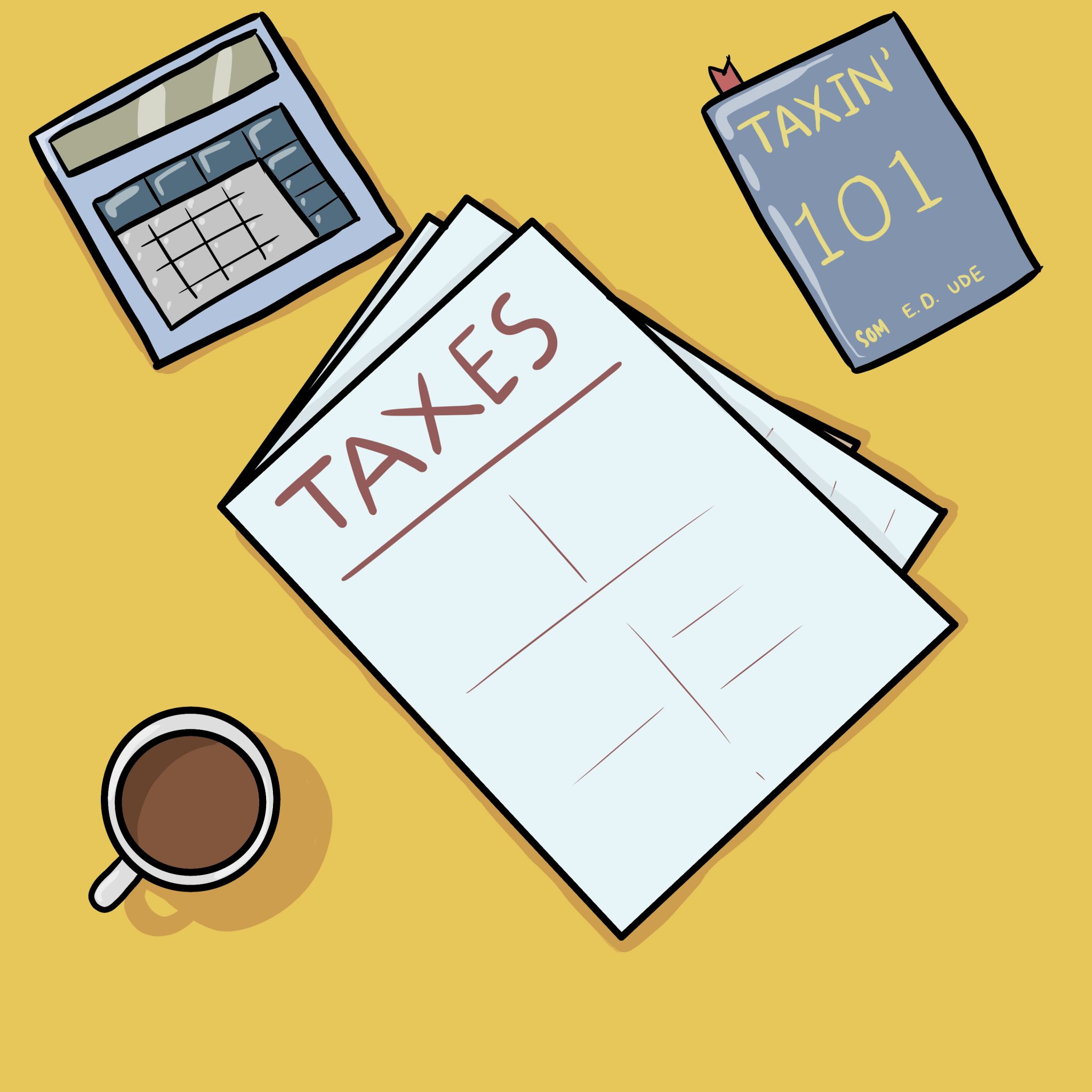How to tackle taxes as a university student


Although adulthood has been categorized as a milestone you reach when you turn 18, for many people the responsibilities that are expected and associated with that title aren’t defined and learned until you’re much older.
As a student in university, I’m surrounded by other people who consistently have similar difficulties with adult tasks.
There’s a reason why there have been memes created about millennials who become overjoyed from successfully “adulting”.
When we’re not taught how to do seemingly everyday tasks but are simultaneously expected to know how to accomplish them, it becomes difficult to navigate the real world effectively.
And with tax season upon us, I have yet to talk to someone my age who does their taxes on their own and doesn’t have some sort of assistance when they do them.
I even know people who just ignore or routinely procrastinate the looming threat of tax-return day and don’t consider it a necessary task to accomplish because it stresses them out so much — and when there’s that level of anxiety surrounding an annoying, yet fundamental life responsibility, it needs to be addressed more constructively.
I’m fortunate enough to have a father who does my taxes for me and routinely shows me what I need to do know and what certain things mean. But if I was left to my own devices, I would likely be lost.
The anxieties surrounding tax season are incredibly common though, and “tax anxiety” is especially prevalent with millennials and Generation Z-ers. Worries about owing money, making mistakes and the dread that’s associated with it can vastly impede students and their ability to do their taxes in a timely manner.
Tackling taxes from a realistic standpoint, however, is one of the most helpful things you can do for yourself. Luckily, there are resources that are available for students who need assistance.
Skepticism is necessary in these instances, and applying it to any emails, phone calls or texts that you receive where the information they are requesting/providing seems suspicious, never respond. And remember, if you’re feeling stressed or overwhelmed during this time of the year, you aren’t alone.
On both the Waterloo and Brantford campuses, Laurier offers “Taxes 101” information sessions through Laurier’s money management program, which is designed to help students decrease their financial stress — “Dollars and Sense: Money Management” — and works in partnership with a tax specialist to educate students about their taxes. These sessions are held in early March, which is why proactive planning and being mindful of dates is important.
The Canada Revenue Agency (CRA) website also has information specifically targeted towards students and provides videos to help people learn how to file their own income taxes. And while most people are aware that H&R Block exists, they aren’t sure how to fully utilize the resources that they have available.
Their website is useful in guiding people to the options that suit them best — whether that’s filing them personally, meeting with a tax expert or using their drop off system. There’s an H&R Block located in Conestoga Mall, which is accessible to students who are looking to get advice, information and guidance with their taxes.
It’s also worthy to note that with tax season comes tax scammers, many of whom are specifically looking to target students and young people who are attempting to file their taxes for the first time.
Skepticism is necessary in these instances, and applying it to any emails, phone calls or texts that you receive where the information they are requesting/providing seems suspicious, never respond. And remember, if you’re feeling stressed or overwhelmed during this time of the year, you aren’t alone.
Being aware of the resources in place that are designed to help students during tax season is important in making the process as painless and error-free as possible.


